About Us
Advertise With Us
RSS Feed | Content Syndication
Terms & Conditions
Privacy Policy
Contact Us
BollywoodShaadis.com © 2026, Red Hot Web Gems (I) Pvt Ltd, All Rights Reserved.

There is no joy as big as bringing a new life into the world. While the happiness and positivity the little bundle of joy brings into the world with self can’t be described in words. Not all births are accompanied with happiness, especially the ones where the newborn is a premature one.
Proper handling and taking care of a premature baby is very crucial as it is during this period can you ensure that your child not only survives, but also leads a healthy life ahead.
Recommended Read: 8 Breast Care Tips That All Breastfeeding Mothers Should Follow
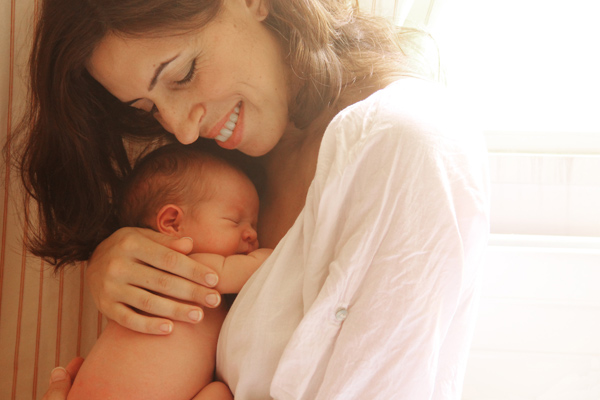
In fact, for some, this phase turns out to be even more gratifying than the actual process of giving birth. Hence, we have prepared a list of everything you need to know about taking care of premature babies. But first, let's quickly take a look at the few possible reasons behind a baby being born before completing the term:
Since the birth of a premature baby often leads to death or lifelong physical or neurological damage, taking proper care of preemies becomes quite imperative. Let’s take a look at the things you should be mindful of while taking care of such babies:

Since a preemie doesn’t have a fully developed respiratory, vascular, neurological or immune system; there is nothing that is as nutritious for the baby as breastmilk which is rich in antibodies. Not only does the position of breastfeeding helps the child feel warm and secure (like he/she is used to be inside the womb) but also strengthens baby’s immune system. However, not allprematuree babies are allowed to be breastfed. Some are fed intravenously or until their respiratory system stabilises.
Continue reading below

Gently rub your palms over your baby’s back, hug your baby as often as you can and hold it in Kangaroo pose. This makes the child feel comfortable and helps form a physical bond with the mother.

Babies always have a direct attachment towards the sound. Read to your baby, or sing for the baby. When you start talking to the baby, it will soon start recognising your voice and form a connection to it. This will help in pacifying the baby.
Must See: Everything You Need To Know About IVF Treatment Before Opting For It

Since the baby is used to warm and cosy environment, bringing the little one to extreme hot or cold climate might not be too comforting for the child, hence try and maintain a cosy environment for the child at home too. You can do this by layering the baby with onesies, blankets and woollen sheets. But take note of whether you’re burdening the child with these layers as the little one may have difficulty breathing with too much of weight.

Never keep your baby under direct sunlight.

Keep your baby far away from smoking areas.

Don’t give pillows or heavy blankets to the baby, always lie the baby on its back in the crib, don’t keep any other thing in the crib which might make the baby get entangled in or suffocate.
Also Check: 6 Natural Ways To Increase Your Chances Of Getting Pregnant
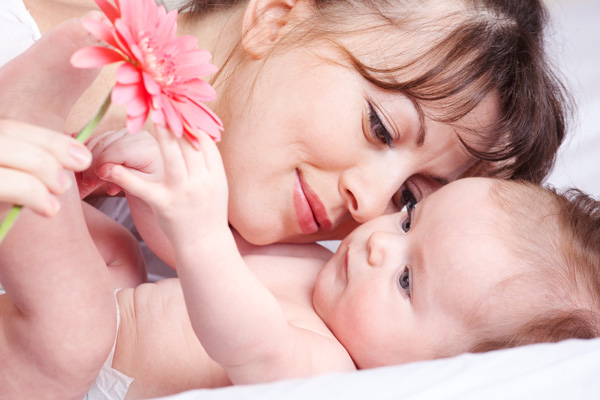
Keeping the infant in a hygienic environment is of paramount importance for the preemies. Make sure that there is no dust or dirt around the baby or in any of the products it uses.
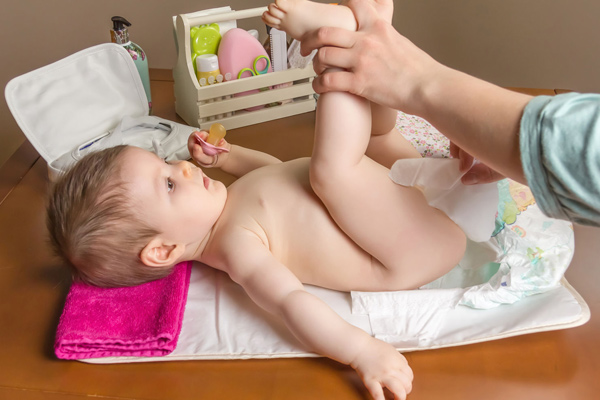
Use cotton homemade diapers as much as possible. They are not only light and absorb more but also allow air to pass through them easily. Don’t let a spoiled diaper onto a baby for a long time, change it as soon as the baby pees or poops in it. It is important to note that babies should not develop rashes.
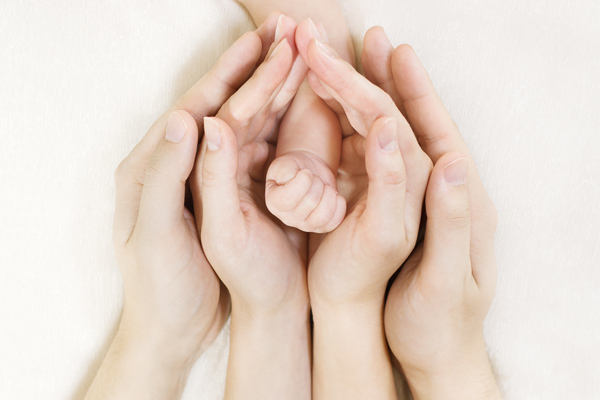
Seek advice from your healthcare expert and use massage oils to massage the baby. Use cotton to moisturise baby’s skin soon after they take bath. Dry skin can lead to various kinds of allergies and rashes.
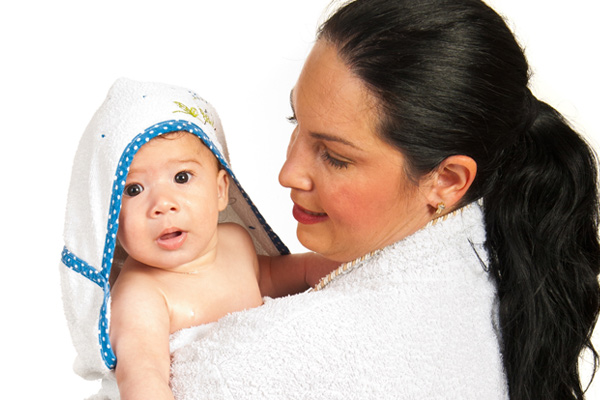
Dip your elbow in water to see whether the water temperature is apt for the baby’s bath. Don’t use baby care products to bathe the baby. Use only cotton wipes during the initial few days.
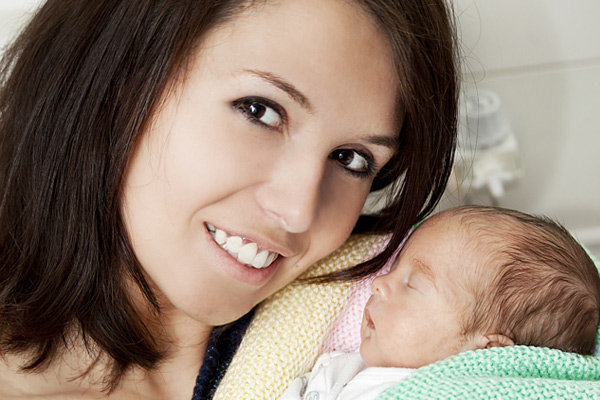
Soon after the baby takes bath, wrap it in a slightly warm towel and pat it dry. Chances of the baby catching cold are maximum right after taking bath.
You May Also Like: Not Ready For Kids? Here Are 9 Simple Ways To Avoid Getting Pregnant
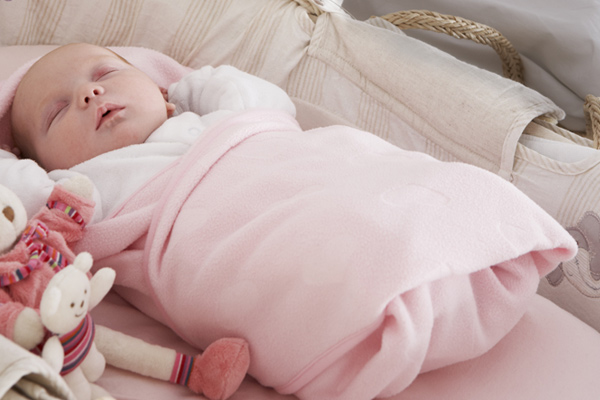
Create a perfect, soundless, dimly lit, cosy environment/room for the baby to sleep.

The infant’s skin might not be as strong as ours until a couple of days. Under such circumstances, the doctor may ask you to not hold or hug the baby. But, you should touch your baby as often as possible. Babies are quick to understand and form a bond with familiar human touch which puts keeps them at ease.
Recommended Read: Everything A Pregnant Woman Needs To Know About Normal Delivery And Caesarean Section
More often than not, these physical and psychological methods help the baby in developing the normal way. But in case the baby’s condition doesn’t seem to be getting any better, professional medicare help must be sought.
advertisement
advertisement
advertisement
